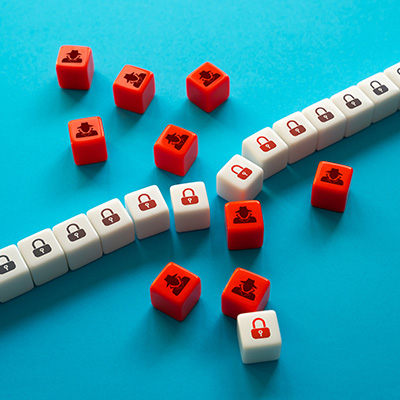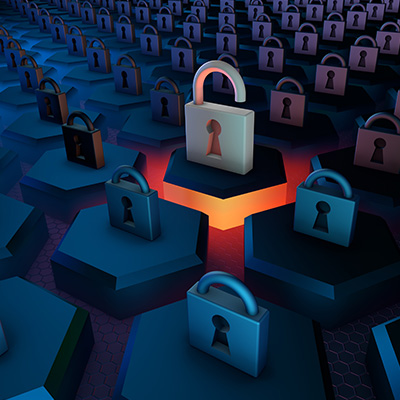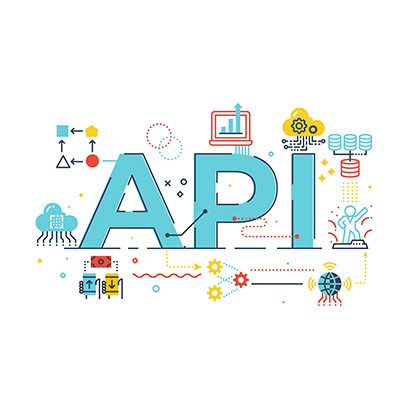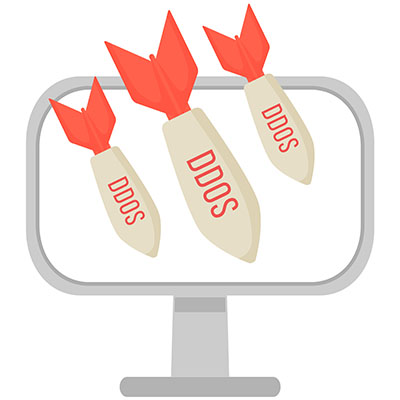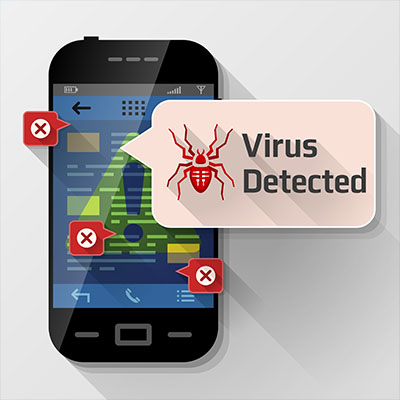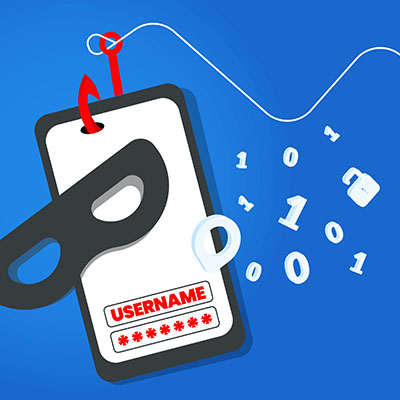The COVID pandemic forced businesses all over the world to adopt remote work practices, whether they were ready for them or not, and it wound up establishing full-fledged remote and hybrid positions which may never have existed otherwise. However, with these new developments come new threats, and you need to be ready to handle them as they crop up.
In our blog, we talk about security and data breaches all the time. We tell you how you can take efforts to avoid them and how to prepare your organization for the inevitability of being exposed to them. With all that security talk, we should briefly describe the difference between a security breach and a data breach, because they are two different things that get lumped together quite a bit.
Back in December of 2021, an API vulnerability impacting Twitter was disclosed. Just a few months later, in July, data from more than 5.4 million users—obtained through this vulnerability—was put up for sale, and more recently, another hacker shared the data online. Let’s take the opportunity to examine the concept of an API attack, and what can and should be done to stop them.
While it may not be the first target one might think of when it comes to cyberattacks, a recent Distributed Denial of Service (DDoS) attack on the Vatican’s official website only proves that cyberattacks can potentially influence any organization. Let’s consider the situation, as well as what lessons we can all take away from it.
There are countless known threats out there that create security headaches for network administrators, but it’s not the known flaws that are the most dangerous; it’s the unknown ones that have even more potential to derail operations, expose sensitive data in security breaches, and end businesses entirely. These zero-day flaws or exploits are extremely important to keep informed about.
More often than not, the malware you encounter will target a desktop computer. Despite this, there are indeed some threats that target mobile devices, including one which Google had to remove from the Play Store for infecting smartphones with malware and adware. We recommend that you take immediate action to uninstall these apps if you were one of the unfortunate folks who accidentally installed them.
We know that security is far from a small investment, but this only serves to highlight how important it can be to your business’ continued success. You might wonder why security is such an important investment if you don’t intend to suffer a data breach, and that’s precisely the point. The cost of not investing in security far outweighs the initial investment.
Paypal: Unusual activity suspended your account. For your safety confirm your identity here: [link] We’re here to tell you, very simply, not to follow links that are in messages like these, and to instead confirm their legitimacy by navigating to the website directly in a new browser.
We frequently discuss the importance of keeping PII—personally identifiable information—secure, but what does this include? What data qualifies as PII? Here, we’re going to lock down on a definition (and you may be surprised by what this definition covers).
What if Edgar Allan Poe wrote “The Raven” during the information age?

